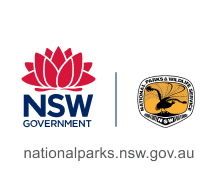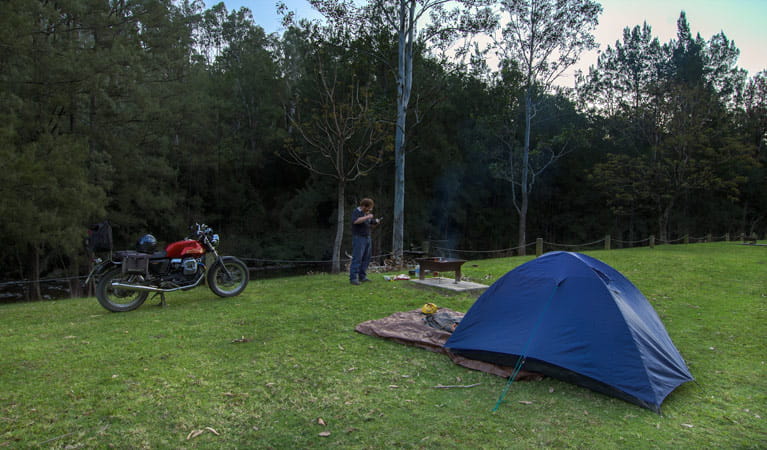Woko campground
Woko National Park
Overview
Woko campground, right alongside Manning River, offers convenient facilities like barbecues and toilets and all the benefits of a varied natural environment.
| Camping type | Tent, Camper trailer site, Caravan site, Camping beside my vehicle |
|---|---|
| Facilities | Picnic tables, barbecue facilities, toilets |
| What to bring | Drinking water, cooking water, firewood |
| Group bookings | Bookings for up to 5 sites and 20 people can be made online. School groups and commercial tour operators can submit a group booking enquiry form. |
| Please note |
|
Before Woko became a national park, the area of Woko campground was part of an extensive cattle property, cleared for livestock.
The legacy of this is plenty of space – caravan sites and tents are easily accommodated here. But the rugged terrain across most of the park has ensured that most of its plant life is relatively undisturbed: you may be in a man-made clearing, but all around you are tranquil pockets of wet sclerophyll forest and dry rainforest on rocky scree slopes. Wake up to the comforting sounds of nature, with the endless gurgle of Manning River right alongside your site.
Families love this campground and it’s easy to understand why. As well as tables and free barbecues offering terrific picnicking opportunities, river camping means a chance to swim freely, or float along the current on a lilo. You can then stretch out on the grass to dry off in the warming sun. It’s hard to think of anything better on a summer’s afternoon, but if you’re interested in walking, bring the hiking boots – the short but enjoyable Brush Turkey track leaves right from the campground.
Map
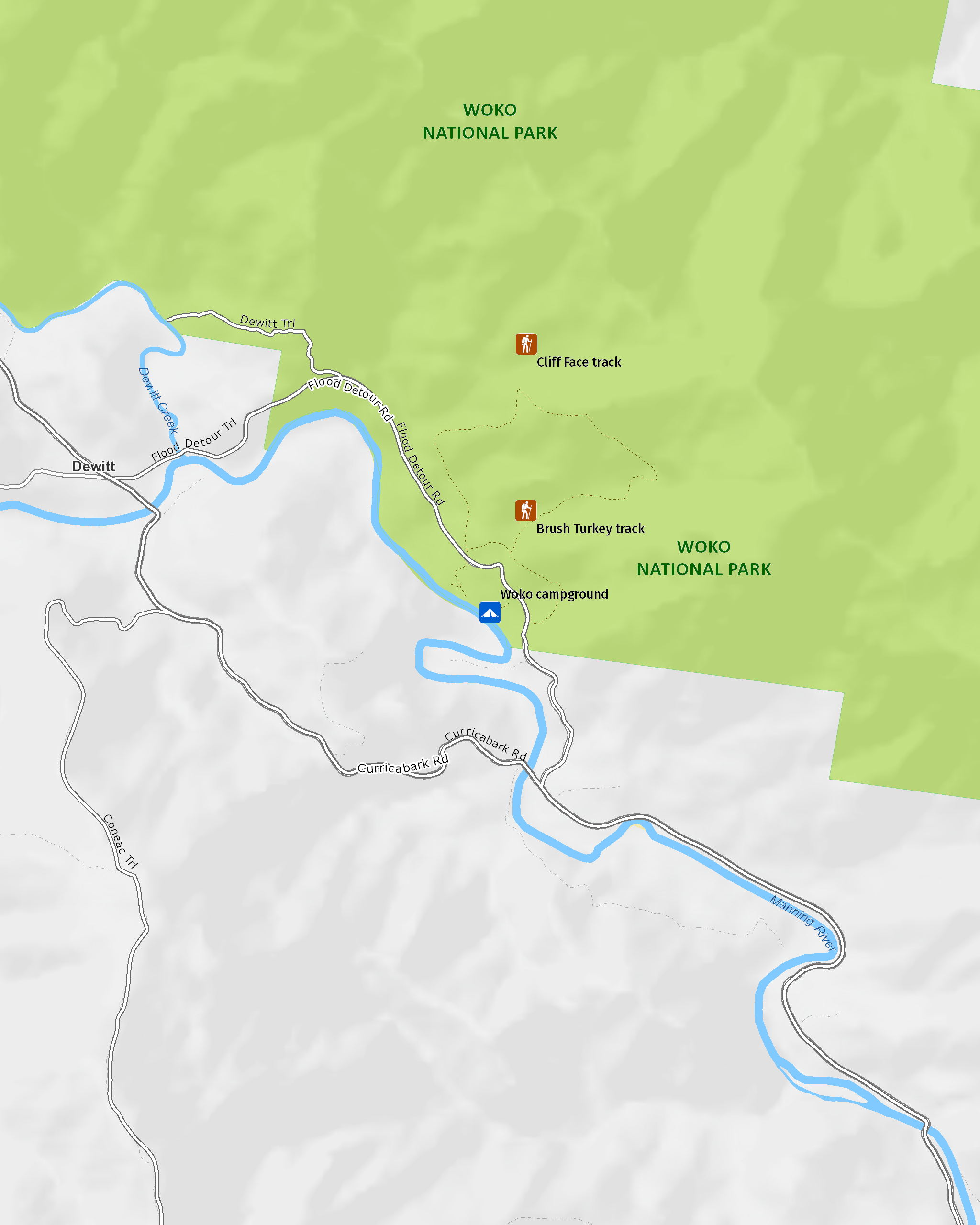
Map legend
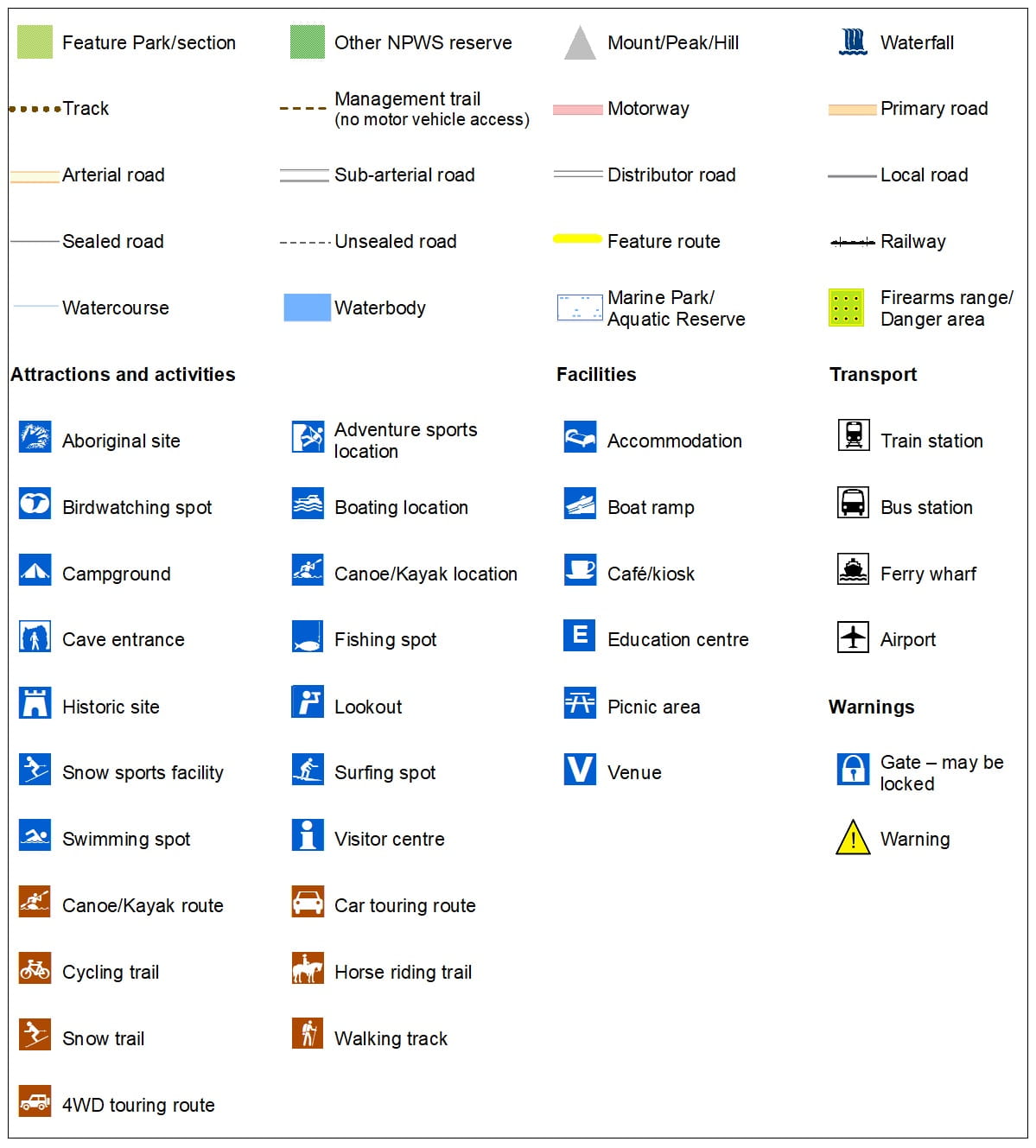
Local alerts
For the latest updates on fires, closures and other alerts in this area, see https://www.nationalparks.nsw.gov.au/camping-and-accommodation/campgrounds/woko-campground/local-alerts
Bookings
- National Parks Contact Centre
- 7am to 7pm daily
- 1300 072 757 (13000 PARKS) for the cost of a local call within Australia excluding mobiles
- parks.info@environment.nsw.gov.au
Operated by
- Gloucester office
- Monday to Friday, 8.30am to 4.30pm.
- 02 6538 5300
- npws.barringtontops@environment.nsw.gov.au
- 59 Church Street, Gloucester NSW 2422
Park info
- in Woko National Park in the North Coast region
Woko National Park is always open but may have to close at times due to poor weather or fire danger.
Visitor info
All the practical information you need to know about Woko campground.
Getting there and parking
On entering Woko National Park from the direction of Gloucester, turn left into the campground.
Road quality
Check the weather before you set out as the road to this campground can become boggy when it rains.
- Unsealed roads
Vehicle access
- 2WD vehicles
Weather restrictions
- All weather
Parking
Parking is available at the campground.
Best times to visit
There are lots of great things waiting for you in Woko National Park. Here are some of the highlights.
Spring
Walk along Brush Turkey track, keeping an eye out for brush turkeys and lyrebirds scratching in the undergrowth.
Summer
Escape from the summer heat by taking advantage of Manning River for a refreshing dip, or float along the current on an air mattress.
Weather, temperature and rainfall
Summer temperature
Average
16.8°C and 25.9°C
Highest recorded
26.6°C
Winter temperature
Average
20.1°C and 14.4°C
Lowest recorded
6.2°C
Rainfall
Wettest month
February
Driest month
July
The area’s highest recorded rainfall in one day
666.2mm
Facilities
- Rubbish bins are not available, so please take your rubbish with you when leaving.
- Water is not available at this campground
Toilets
- Non-flush toilets
Picnic tables
Barbecue facilities
- Gas/electric barbecues (free)
- Wood barbecues (bring your own firewood)
Maps and downloads
Prohibited
Noise restrictions apply at this campground.
Gathering firewood
Firewood is not provided and may not be collected from the park.
Pets
Pets and domestic animals (other than certified assistance animals) are not permitted. Find out which regional parks allow dog walking and see the pets in parks policy for more information.
Smoking
NSW national parks are no smoking areas.
Learn more
Woko campground is in Woko National Park. Here are just some of the reasons why this park is special:
Rare animals
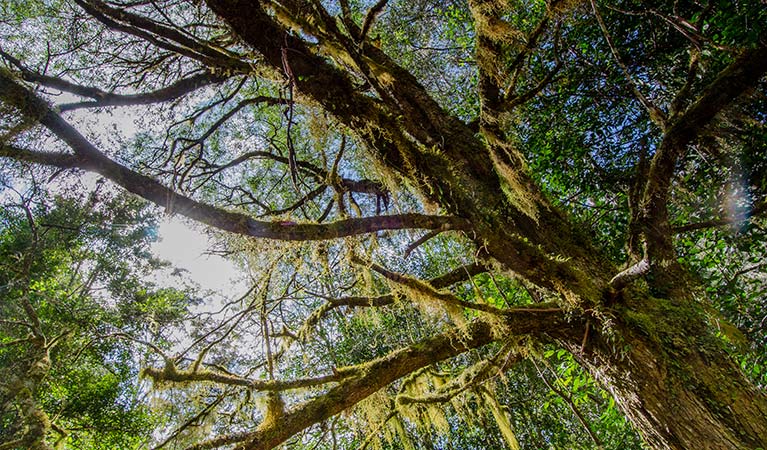
Woko National Park contains a number of threatened or endangered species, including the brush-tailed rock wallaby, masked owl, and wompoo pigeon. This is, in fact, prime territory for birdwatching, with lyrebirds, brush turkeys, and wedge-tailed eagles regularly spotted in the park. Largely, this is due to the variety of environments encompassed by Woko: the grey fantail, for example, favours the mid-layer of the forest, while the willy wagtail enjoys the openness of the forest edge and spaces created by cattle clearing.
- Brush Turkey track A short but sweet bushwalk, Brush Turkey track begins and ends at Woko campground and gives the hiker an insight into the progressive growth of a dry rainforest.
- Cliff Face track Cliff Face track provides a challenging walk through the best of Woko National Park, with dramatic scenic views towards the escarpment above.
Rich Aboriginal culture
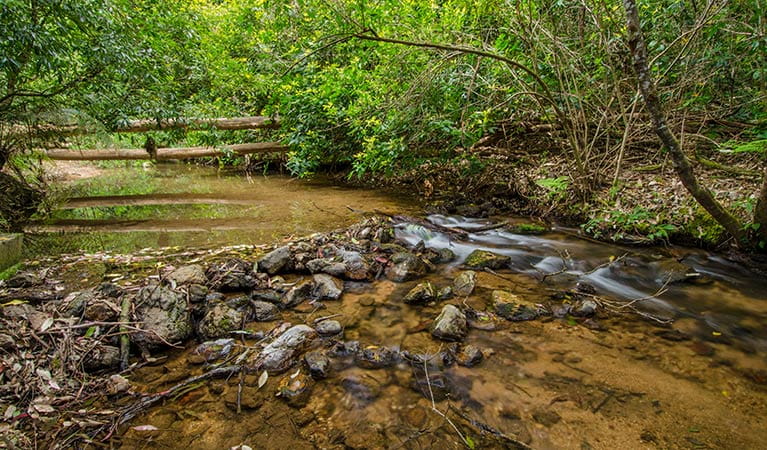
The Biripi people of the Manning Valley were the first to inhabit this area, with several open campsites having been recorded along the ridgelines and peaks of the park. Indeed, 'Woko' is thought to be a local Aboriginal name for the boobook owl. Aboriginal culture engages with the land, waterways, plants and animals of a specific place; the NSW National Parks and Wildlife Service works with local Aboriginal communities to protect this heritage for future generations.
Significant forest
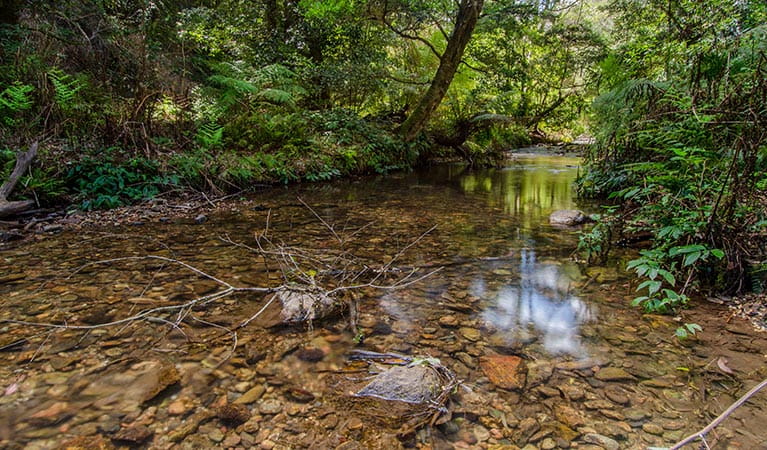
Woko conserves 8598 hectares of regionally significant forest communities, including part of one of the most extensive areas of dry rainforest in NSW. The steep hills in the park are occupied by a variety of plants and forest types, from dry sclerophyll forest to subtropical rainforest and eucalypt zones. This makes a walk here particularly fascinating, as you traverse different regions and watch the landscape transform before your very eyes.
- Brush Turkey track A short but sweet bushwalk, Brush Turkey track begins and ends at Woko campground and gives the hiker an insight into the progressive growth of a dry rainforest.
- Cliff Face track Cliff Face track provides a challenging walk through the best of Woko National Park, with dramatic scenic views towards the escarpment above.
